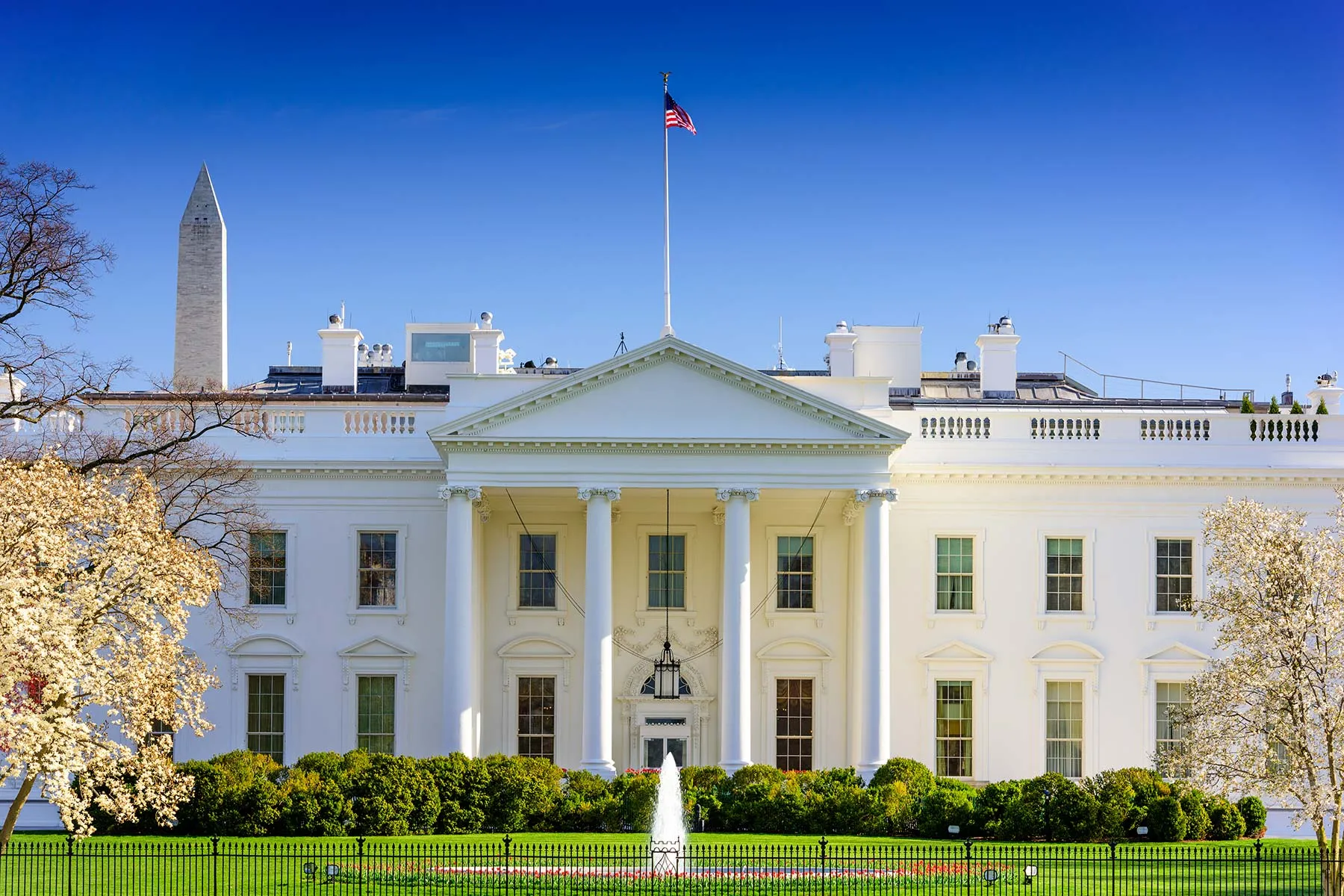Massive Bill Aims to Keep U.S. Innovation Ahead of China's
June 30, 2021 — The budget of the National Science Foundation (NSF) could double, to $81 billion over the next 5 years, if a massive funding bill that passed with bipartisan support in the Senate this month also passes in the U.S. House of Representatives.
Senate Majority Leader Chuck Schumer, D-NY, has called the bill, which he co-sponsored with a price tag of nearly $250 billion, “the largest investment in scientific research and technological innovation in generations.”
But rumbling through discussions are concerns about how the bill will affect the relationship between the United States and China.
Some senators worry that Chinese researchers who collaborate with Americans will steal or legally use findings to boost scientific discovery at home and gain a competitive advantage.
“I don’t want the taxpayer funds to go in the front door and then to have the research go out the back door to China or other adversaries,” Sen. Rob Portman, R-Ohio, said recently during a Senate floor debate.
Conversely, American researchers are concerned that the tight restrictions and scrutiny mandated by the bill will keep Chinese researchers from wanting to work with Americans. Such limits, they argue, could hamper the search for solutions to global problems, such as the COVID-19 pandemic, air and water pollution, and climate change.
Passage of the bill — the United States Innovation and Competition Act — would be a huge boost to the NSF, which supports basic and applied research in areas such as artificial intelligence, quantum computing, and the development of medical devices and diagnostic tools.
Scientific collaborations with other countries are essential, says Amanda Greenwell, head of the NSF Office of Legislative and Public Affairs, explaining that the foundation does not comment on pending legislation.
“U.S. research leadership frequently requires collaboration, from capturing the first image of a black hole to deciphering the effects of climate change,” she says. “Those discoveries would have been impossible had U.S. researchers been unable to work with other great minds and powerful resources around the world.”
But “all collaboration must be ethical, based on clear guiding principles that every nation must follow, and emerge from honest partnerships that respect research integrity, security, and the rule of law,” she says.

